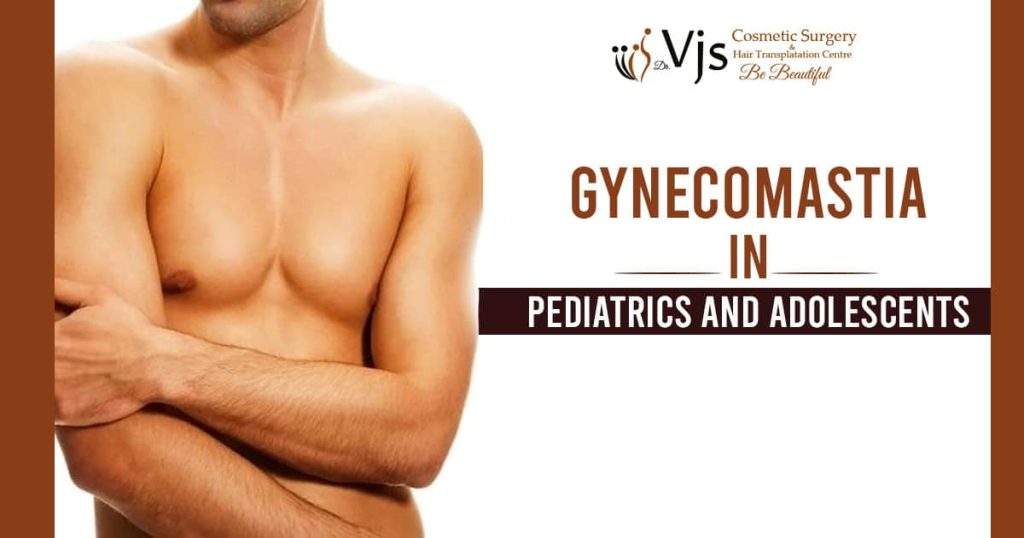Gynecomastia is breast tissue produced in a male individual. It is a chronic disorder that is most commonly seen in boys entering puberty due to hormonal fluctuations that arise during this time. This condition is additionally explained as enlarged male breast due to several causes. This can be caused due to hormonal problems, certain lifestyle habits, or medical problems. Gynecomastia can only be treated with gynecomastia surgery because this is one of the best ways to treat an abnormal amount of estrogen in males.
What is Gynecomastia in Pediatrics and Adolescents?
Much of the time, this gynecomastia goes by itself without the need for medication, but it may not leave entirely, or it may be triggered by an issue with hormone development or absorption, or possibly a form of tumor, in which case special care and treatment may be required. Of this purpose, a multidisciplinary team method is effective in determining the origin of the gynecomastia, evaluating its effect on the patient and preparing a tailored strategy of care. You can only get the treatment after knowing about the signs and causes of the condition.
What are the signs and effects of Gynecomastia in Pediatric and Adolescent?
- Tender breasts
- Nipple discharge into one breast or both
- Fluffy breast tissue
Which are the causes of Gynecomastia in Pediatric and Adolescent?
Individuals of both sexes have some breast tissue and the way that this grows into noticeable breasts relies on various variables, most notably hormone activity. Gynecomastia is normal in males growing this breast tissue. The hormones of the mother working on the breast tissue of the infant, this is still observed in premature babies but typically occurs in the first few weeks of conception.
The next level is sometimes used when it is in adolescence. In reality, during this period gynecomastia condition affects almost 35% of boys. But, as we stated above, a gynecomastia in boys during puberty disappears within two years without any medication. Additionally, About 5 percent and 10 percent of boys who have gone through puberty will not fully vanish breast growth during adolescence and they would be left with noticeable breast tissue.
- Hyperthyroidism-: The metabolism-regulating gland may change hormones.
- Hypogonadism-: Any disorder that reduces testosterone (such as pituitary insufficiency or disease with Klinefelter)
- Hormonal Fluctuations
- Liver or kidney insufficiency-: Hormonal changes in medication response and dialysis
- Malnutrition or hunger-: Inadequate nutrition results in a decrease in testosterone, but estrogen stays stable.
- Drugs or medications-: Hormones, inhibitors, radiation, or drugs for the heart can contribute to gynecomastia.
- Mother’s hormone rates-: Boy ‘s breast tissue usually declines within two or three weeks of birth.
- Puberty-: Fast fluctuations in the hormone modify different body functions.
- Street drugs as well as the usage of drinking-like cocaine, heroin.

